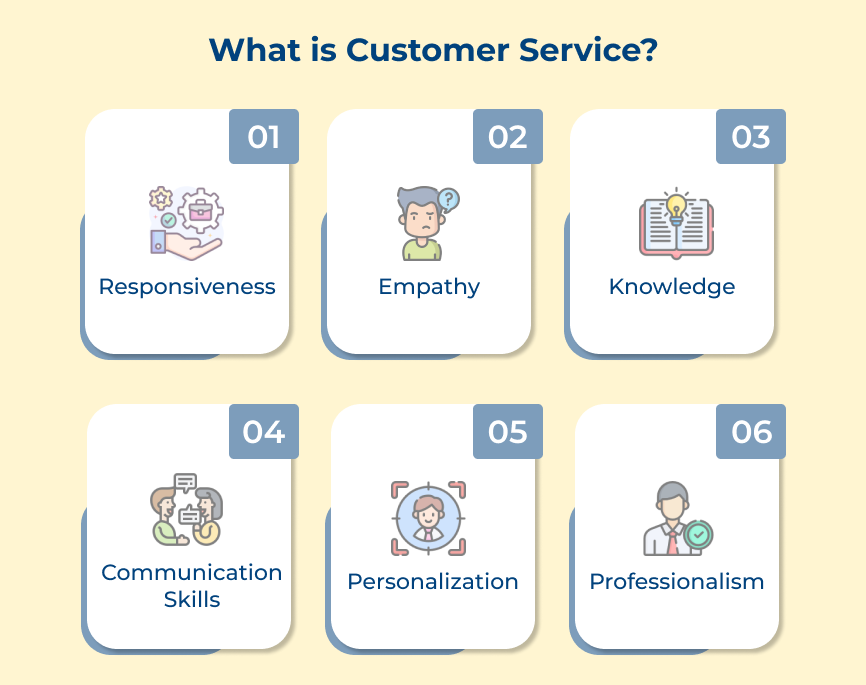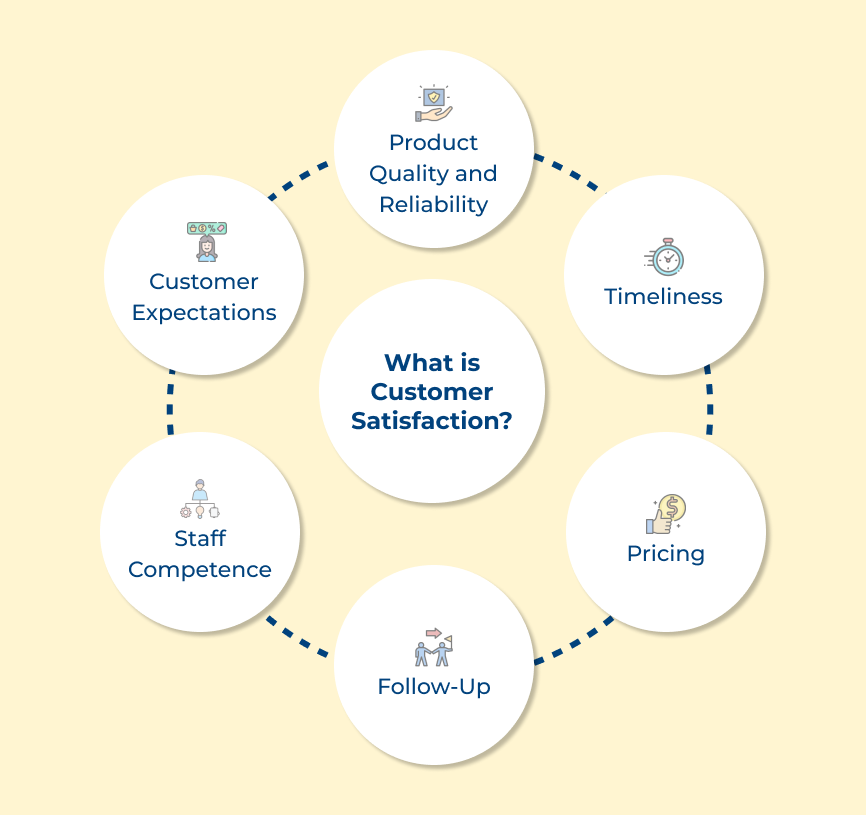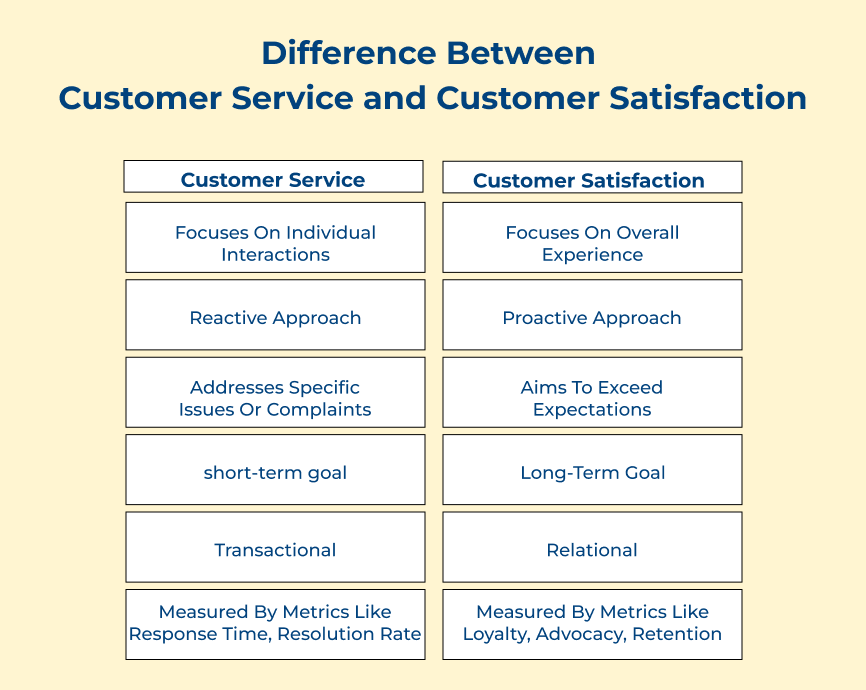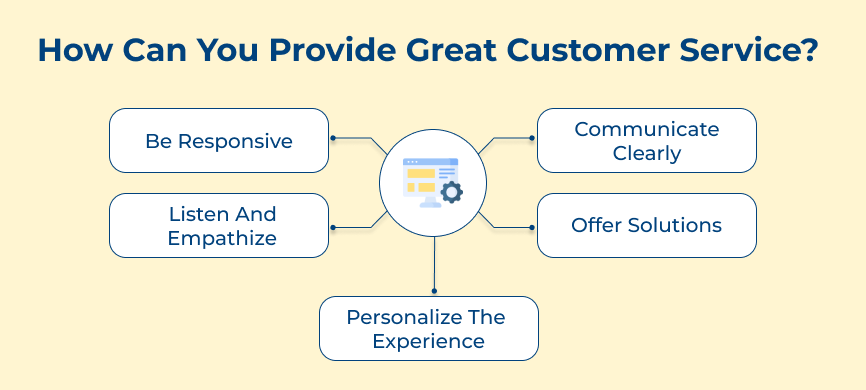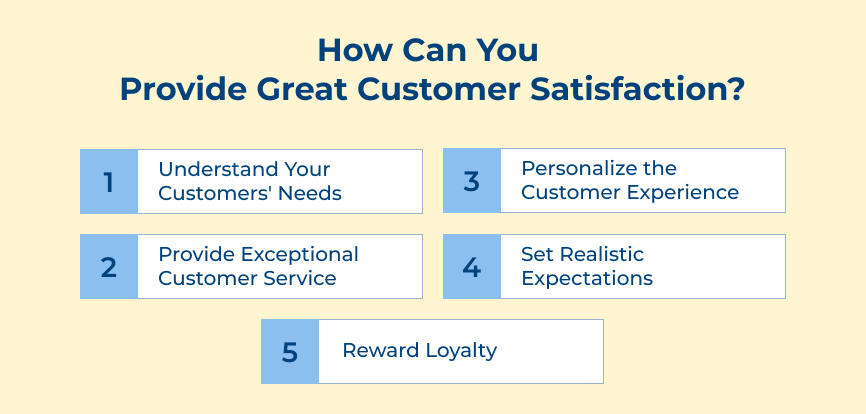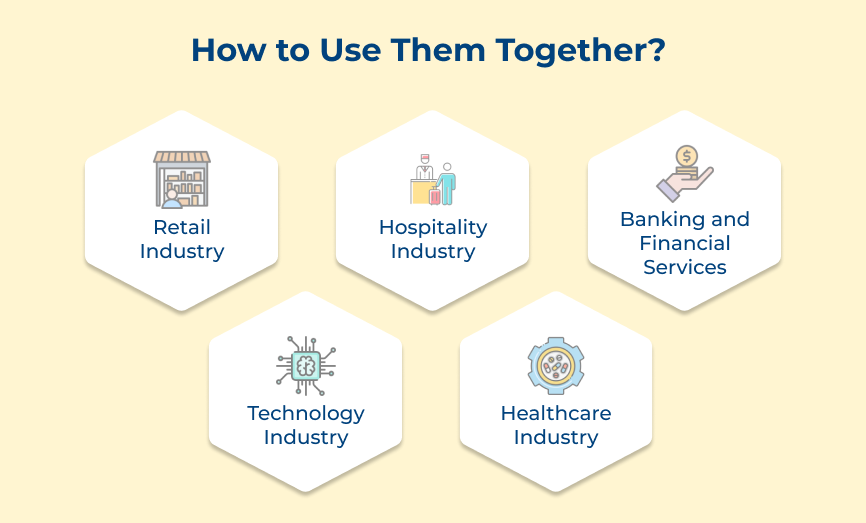1. Understanding Customer’s Needs
Understanding customer needs requires developing a systematic approach to customer research and feedback analysis. It involves implementing multiple feedback channels, including surveys, focus groups, social media monitoring and direct customer interviews. Companies should establish a dedicated team responsible for analyzing this data and translating insights into actionable improvements.
Going beyond surface-level feedback, businesses need to develop customer journey maps that identify pain points, emotional triggers and moments of truth in the customer experience. The deep understanding allows companies to anticipate needs before they arise develop proactive solutions that address customer requirements.
Pro tips:
- Implement AI-powered sentiment analysis tools to track customer feedback across all channels and identify emerging trends.
- Create customer advisory boards that meet quarterly to provide direct input on product development and service improvements.
2. Exceptional Customer Service Excellence
Creating a culture of service excellence begins with comprehensive employee development programs that focus on both technical skills and emotional intelligence. It includes regular training sessions, role-playing exercises and real-time coaching to help staff handle complex customer interactions effectively.
Implementing a robust quality assurance program ensures consistent service delivery across all customer touchpoints. It involves analyzing customer interactions, providing constructive feedback to staff and continuously updating service protocols based on customer feedback.
Pro tips:
- Develop a mentorship program pairing experienced service staff with new hires for ongoing skill development.
- Create a knowledge base of successful service interactions that staff can reference for guidance.
3. Customer Experience Personalization
Advanced personalization strategies require integrating data from multiple sources to create comprehensive customer profiles. It includes purchase history, interaction preferences, behavioral patterns and demographic information. Companies should invest in sophisticated analytics tools that can process this data in real-time to deliver tailored experiences.
Implementing predictive analytics helps businesses anticipate customer needs and preferences, enabling proactive personalization. It might include customized product recommendations, personalized communication timing and individualized service offerings based on past behavior.
Pro tips:
- Use machine learning algorithms to identify patterns in customer behavior and automate personalization efforts.
- Develop segment-specific communication strategies that reflect different customer preferences and needs.
4. Setting and Managing Expectations
Effective expectation management requires developing clear communication protocols that ensure consistency across all customer touchpoints. It includes creating detailed product documentation, service level agreements and transparent policies that clearly outline what customers can expect.
Businesses should implement a systematic approach to managing customer expectations throughout their journey. It involves regular updates on service progress, proactive communication about potential issues and clear escalation procedures when expectations cannot be met.
Pro tips:
- Create visual guides and interactive tools that help customers understand product capabilities along with their limitations.
- Develop a communication framework for managing expectations during service delays or issues.
5. Customer Loyalty Enhancement
Building a comprehensive loyalty program requires more than just points and rewards. Businesses should develop multi-tiered loyalty programs that offer both tangible and intangible benefits, such as exclusive access to new products, dedicated support channels and personalized experiences.
Creating emotional connections through loyalty initiatives involves celebrating customer milestones, providing unexpected rewards and developing community-building activities that strengthen the relationship with the customers.
Pro tips:
- Implement predictive churn analysis to identify at-risk customers and take proactive retention measures.
- Create exclusive experiences for loyal customers that promote a sense of community and belonging.
6. Continuous Innovation and Improvement
Businesses must establish a systematic approach to innovation that directly responds to customer feedback and changing market demands. It involves creating dedicated innovation teams that regularly analyze customer data, market trends and competitive offerings to identify opportunities for imporoving their solutions.
Implementing an agile improvement process allows companies to quickly test and iterate on new ideas based on real customer feedback. It includes conducting regular pilot programs, gathering customer input through beta testing and maintaining a flexible approach to implementing changes. Success metrics should be clearly defined and monitored to ensure innovations truly enhance customer satisfaction.
Pro tips:
- Create an innovation pipeline that prioritizes customer-suggested improvements and tracks their implementation.
- Establish cross-functional teams that combine customer service insights with technical expertise to develop practical solutions.
7. Proactive Problem Prevention
Developing a robust system for anticipating customer issues requires sophisticated predictive analytics and early warning systems. Companies should invest in technology that can identify potential problems before they impact customers such as monitoring system performance, tracking usage patterns and analyzing customer behavior indicators that might signal future dissatisfaction.
Building a preventive maintenance culture involves training staff to recognize early warning signs and take preemptive action. It includes regular system audits, customer experience assessments and developing standardized protocols for addressing common issues before they escalate.
Pro tips:
- Implement AI-powered monitoring systems that can detect unusual patterns or potential issues in real-time.
- Develop a prevention scorecard that tracks the number of potential issues identified and resolved before they impact customers.
Customer Service vs Customer Satisfaction: How to Use Them Together?
Check out the distinct roles of customer service and customer satisfaction, along with actionable strategies to harmonize them for optimal results. Get ready to elevate your business game!






